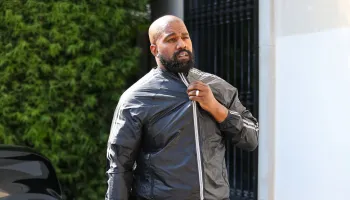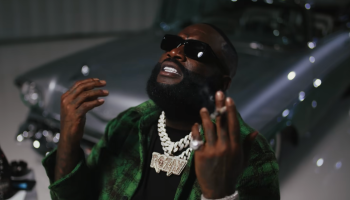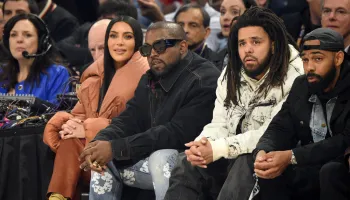Spike Lee has never been one to follow anyone else’s vision, even if the public doesn’t understand his direction. The Brooklyn native’s newest theater work, Red Hook Summer spreads to wide release today, and the 55-year-old explained to Hip-Hop Wired why, after all these years, he still has the same goal.
“My films have always tried to –not every single film, it’s not like that with Kings of Comedy– but there are things that we have specifically in the African-American community that we don’t wanna’ talk about. I wrote School Daze, we made it in 1987, it came out in ’88. By Black critics, I was accused of airing dirty laundry before White folks, about what I felt, and still feel.”
Nearly 30 years after making his directorial debut, Lee sees little change in the issues plaguing Black America. “The superficial differences, skin complexion and all that nonsense, and now Gabby [Douglas] wins the [gold medal at the London Olympics] and what are Black women talking about? Her hair! I talked about this sh-t in ’88 and we’re still doing it? It’s 2012!
“So, Red Hook Summer is a continuation of me telling stories. Sometimes they deal directly with the African-American experience, sometimes they don’t. It’s me looking at stuff, me holding up the mirror and people seeing the film and saying ‘Wait a minute,’ and then they walk out of the theater thinking about it, discussing it.”
Despite his disposition, some critics have not been kind, and being that Red Hook Summer is not a “Hollywood film” all of the distribution and marketing cost are a grassroots movement, financed by Lee and his partners at Variance Films.
The film follows Flik Royale’s summer with his grandfather, Bishop Enoch Rouse, whom he doesn’t know very well. The teen makes friends with a neighbor, Chaz Morningstar, while trying to warm up to his grandfather’s ultra-religious ways. In the end, a shocking discovery sheds light on hypocrisy in the church, and questions Rouse’s credibility.
Lee was moved by the lack of representation of children like his, on the big screen. “Our kids aren’t in any of these films. Our kids aren’t running around half-naked, our kids aren’t selling drugs, our kids aren’t gang-banging. So that’s where Flick and Chaz came from.”
Everything that followed was also inspired by the book The Color of Water: A Black Man’s Tribute to His White Mother. Written by James McBride the book details the author’s bi-racial background and the racial discrimination he endured in Red Hook, Brooklyn, as a result. “His parents founded that church [where Red Hook Summer was shot] so it really all comes back around.”
No matter what the reviews say, the ultimate choice is up to the viewer. “It’s a free country,” Lee said. “Look, no one puts a gun to your head to do anything. It’s free will to buy that CD, to go see a movie, and if you feel it’s not something you wanna’ see, you’re not gonna’ see it. All I can say is ‘Go with God.’”
MORE ON HIP-HOP WIRED!
• 8 Things You Must Know About Lupe Fiasco’s Food & Liquor 2: The Great American Rap Album Pt. 1
• Don’t Like: 7 More Things Lil Wayne Apparently Doesn’t Like
• Ice-T’s Wife Coco Shows Off Her Cakes In Swimsuit On NYC Streets [PHOTOS]
• Wired 25: The 25 Best Songs Of The 2012 Summer
• Stevie J’s Top 5 Struggle Lines From The Love & Hip Hop: Atlanta Finale [PHOTOS]
• Cash Money CEO Ronald “Slim” Williams Buys Largest House In South Florida [PHOTOS]
• Where Are They Now?: The Shining Stars of Rawkus Records [PHOTOS]
—
Photo: AP















